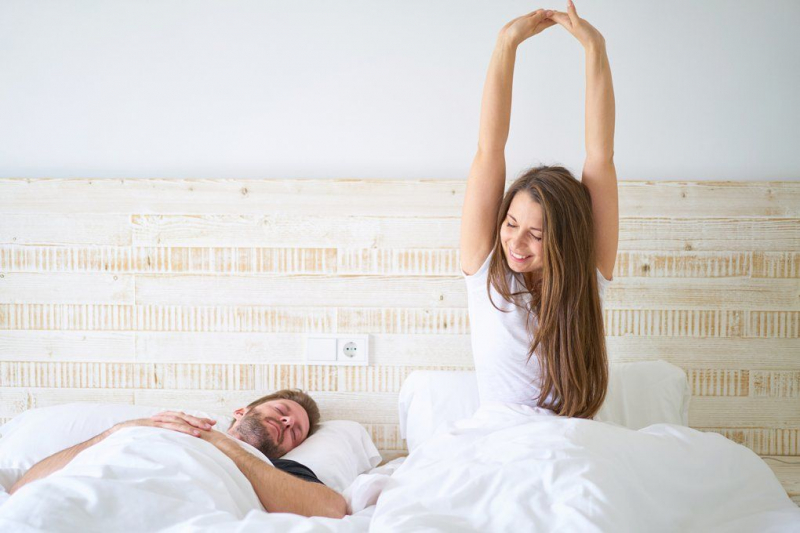The Sleeper Gene
Once upon a time, everyone was very convinced that 8 hours of sleep was where it was at. You worked for 8 hours, watched 8 hours of game shows, and slept for 8 hours. That was your parents' way of life. They eventually granted people some wriggle room. According to science, people require 7 to 9 hours of sleep per night to be healthy. That was the widely held belief. And, despite sleeplessness and workaholics, that appears to be a good idea for the majority of people. However, it is not all of people.
A full night's sleep can be cut short for certain people due to a DEC2 gene mutation. Researchers evaluated a mother and daughter who had the same mutation in 2009. Even though everyone else in the family slept normally, the couple made it through the night on only six hours of sleep. Because the mutation disrupts circadian cycles, the duo felt fully rejuvenated and fine after what others would consider insufficient sleep. Ten years later, the same scientists uncovered a mutation in the ADRB1 gene that had the same effect as DEC2.











